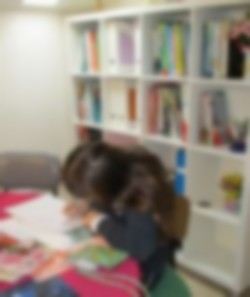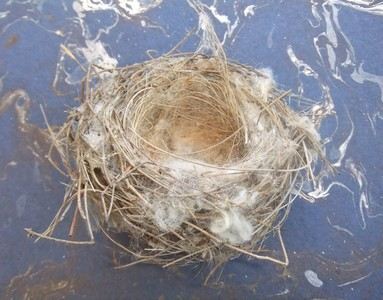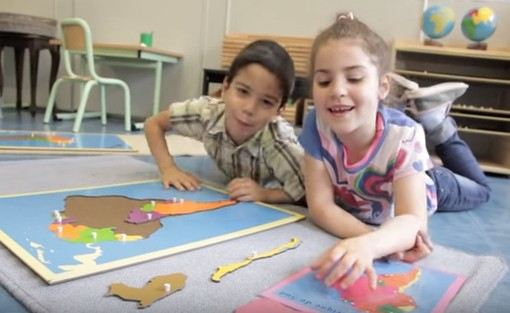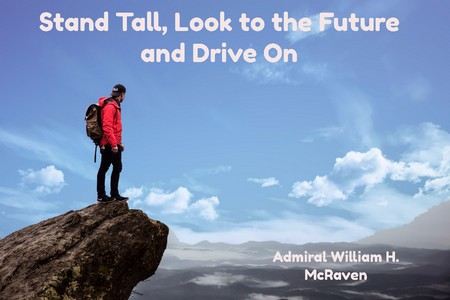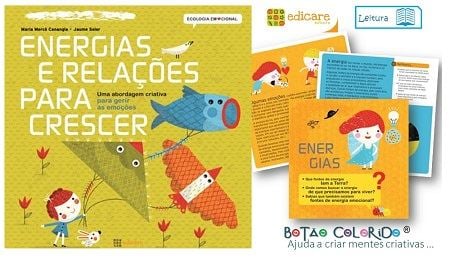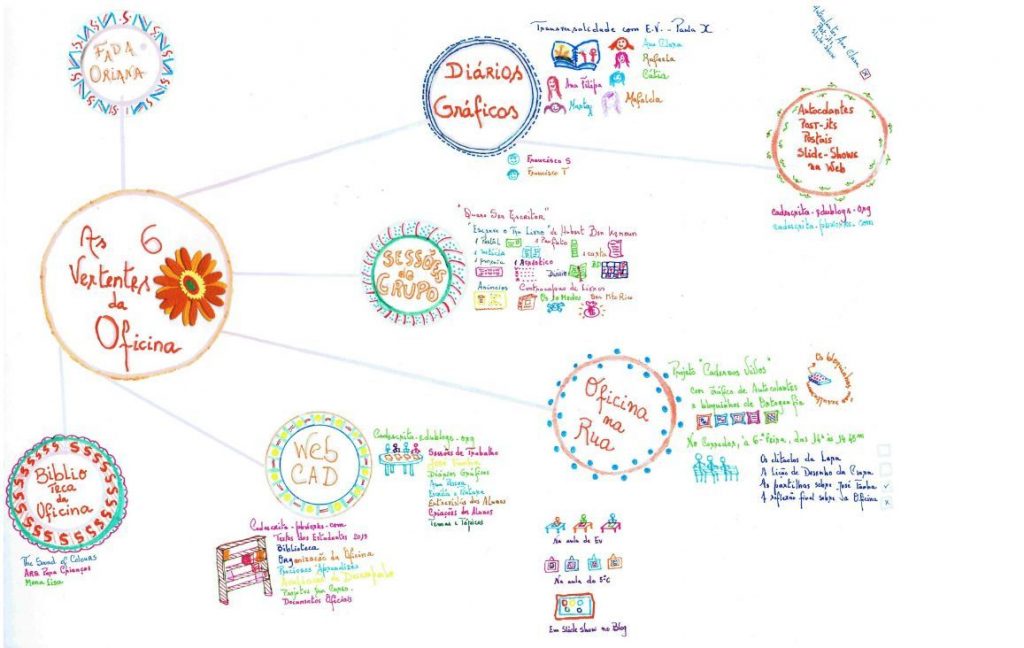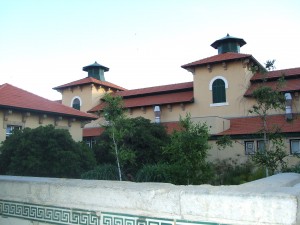Image: “How to melt bits of chocolate on cookies at the work place“
Better Blogguing with Students Course – Week Four #edublogs
I
Taking the risk to be trivial, I would start by remembering the fundamentals:
I really believe you must love deeply both the unique students you have the privilege to serve and the creative and somehow amazing process of writing. Otherwise it just won’t work; as Christian Bobin so vividly puts it: “To write and to love are the same.”
II
Image: Writing in our tiny Workshop
Then, I will share just what I live, in my daily context: our Writing Workshop doesn’t take volunteers; on the contrary, kids are sent to us through a process that involves both language teachers, “responsible for the classroom teachers” and our wonderful staff of Educational Psychologists.
Concerning technical difficulties, the internet connection remains slow on the third floor – where we work – and my kids haven’t been immersed, yet, in the culture of typing, although I suggest them to download a typing software and try it by themselves, five minutes a day. As the young students of Mrs Yollis so clearly explain in their video: “Typing Matters”.
The other feature that characterizes our work background is the lack of stimuli and training concerning reflection. One could expect that it should flow naturally from young minds, but within our traditional learning environment, it seems to have turned into a hard task, painful to accomplish, due to the load of subjects to deliver. Of course you also find those amazing teachers that master the art of reaching beyond the short horizon of the curriculum, to support their students in the quest for raising the questions that ignite the sparkle of reflection.
III
Hopefully, young writers will be leaving the nest of their confort zone and fly away…
Finally, students must be helped to discover that they have something unique to say; that they are sent into this exciting mission of conquering their own voice. They don’t have to become professional authors or published writers – although some do, indeed. Their goal should appear like an inner adventure, slowly discovering their own orignal strengths and unsuspected possibilities to create, elaborate and reflect that only come to light through writing.
IV
Image: Three young heros of the writing quest
After these foundations are settled, students are empowered to aim for high quality writing and we may build upon this solid base by trying a wide variety of strategies to inspire and enhance their writing:
- Letting them choose among several hypotheses, the first one being always their own idea. The freedom to choose opens their imagination and is a powerful solicitation to their free will. Then we may brainstorm with them to gather and organize the first draft.
- Keeping different kinds of prompts ready-to-go, related with a wide range of subjects. For instance, some will prefer to write about their favourite sports, or to discuss the “value” of the month – our global theme for this year – or even share what they are building in our brand new “Makerspace” – “The inventors”; others will choose to recount their birthday party, to speak about what they love to share with friends, to invent a story of action and danger, or of love and phantasy, just by looking into a map or an image, or just remembering a videogame they enjoy to play.
- Using prompts made by other students: two kids, for instance, elaborate a list of questions about a thrilling subject for others to write about. By taking photos of their drawings and digitizing them, the prompts are decorated, digitized and then plasticised: kids get easily used to be surrounded by a beautiful appearance of the writing stuff they or their peers created and have been embellished as the content deserves.
- Children’s books, with simple but deep poetic text or amazingly illustrated, may become a source of relentless inspiration; creative exercise books as “Quero Ser Escritor” and “Setenta e Sete Palavras” always provide us with challenging ways of writing along together: by changing our notebooks at regular intervals; by following a rule that prevents to use a certain letter along a short text of 77 words and so on.
- Although it may seem a useless duplication of their work, young writers always receive a printed coloured copy of their posts or a printed coloured postcard of their poems. In some cases, they will lose the sheets of paper; in some cases they will be carefully collected in a binder by themselves or by their Mothers. I’ve seen many students who arrived at the writing workshop without a scintilla of enthusiasm who finished fiercely with a binder full of pages.
- Our Writing Workshop is also the tiniest room in the school: up in the attics, 60 steps above the ground, pressed between the Laundry and the Library. It’s open from midday until half past six, where most of the older kids go just to prepare for tests, to learn a better management of time and to train strategies of study.
Finally, a word about the meaning of the first photo on this post: this minimal place in school also works as a shelter, a cosy spot for a halt: that’s why we may listen to some sweet music and enjoy three cookies and 4 bits of chocolate while we learn to create and to reflect, in an always renewed astonishment, through the wonder of writing.
Ines


